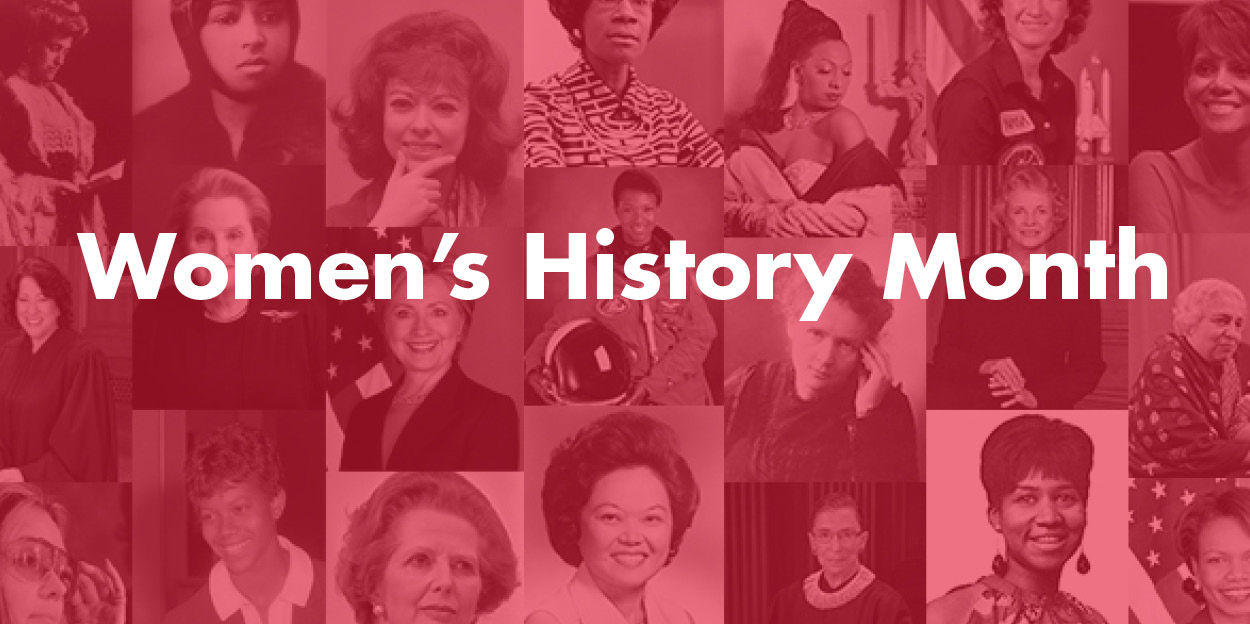
Women’s history month
This month we will be bombarded with events, celebrations and TV documentaries about the historical significance of women over the past 100 years or so.
And, yeah, this is great because in elementary schools throughout the country, kids will put on plays about Rosa Parks and learn that suffrage is a good word. There will be a discussion on how far we’ve come since the time when accidentally showing your ankle meant you’d have to join a nunnery to save your soul.
So what’s my problem with Women’s History Month?
Well, it’s the same problem Morgan Freeman had with Black History Month in an interview on 60 Minutes in 2005, a video that resurfaced on the Internet last month.
Freeman says he finds Black History Month “ridiculous.” Although I don’t agree when he says to fight racism, we need to “stop talking about it,” he still asks the questions that needed to be asked:
“You’re going to relegate my history to a month? … What do you do with yours? Which month is white history month?”
Just when I thought I couldn’t love Freeman any more.
Using the same theory — which month is Men’s History Month?
Well, every month. Every month is White History Month and every month is Men’s History Month.
Our history textbooks throughout elementary, middle and high school tell the stories of rich, straight white men in politics, the wars they fought and how they shaped this great nation of ours. Every now and then we got a chapter on Martin Luther King Jr. or Susan B. Anthony (maybe). But for the majority of our childhood, we learned that black people were slaves and women were wives to the great white men of history.
That is, unless you take a specialized class in college or watch Drunk History on Comedy Central.


So, wouldn’t Black History Month and Women’s History Month be beneficial?
Maybe they were at first. Maybe we needed an initial push to begin focusing on alternative histories. But now I think it’s doing more harm than good and becoming a cop-out from changing a history curriculum that’s been in place forever.
When you separate histories into subsets, you’re implying that these histories are alternatives to the main American history. In reality, women’s history and African-American history, Asian-American, Native American, and Jewish history are all American history.
I’m not saying that men’s history or white history isn’t important. But it shouldn’t be treated as the only true American history.
Also, these history month celebrations host a string of perceptions that everything’s perfect now. In reality, sexism and racism are still prevalent. There’s still a long way to go for racial and gender equality, and although celebrating advances is great, we can’t ignore problems that still exist.
We still have a lot to work to do when it comes to equality. Embrace the advances our society has made, but also look at what needs to be done.



